The Transmission Company of Nigeria (TCN) has reduced electricity supply to the Aba Ring-fenced Area that in Abia State from 25 Mega Watts (MW) to 10MW as the power sector grapples with the challenge of low power generation across the country.
According to sources close to Aba, who pleaded anonymity because they were not authorized to speak to the media on the issue, the reduction started last week, with supplies dropping from 25 Megawatts to 10MW without any official explanation or apology.
Join our WhatsApp ChannelAba Power serves nine out of the 17 local government areas in Abia State.
The Aba Power Managing Director, Patrick Umeh, confirmed the drastic reduction in a conversation with journalists.
According to Chief Adolphus Udeigbo, President General of the Aba Landlords Protection and Development Association (ALPADA), Aba which is Nigeria’s centre of indigenous technology and local manufacturing, needs 100MW to achieve electricity stability.
“We have been complaining bitterly that the 25MW from the NDPHC is grossly inadequate, only to have it cut further at a time of acute heat and unprecedented economic crisis”, the ALPADA leader said.
“It’s so painful that Aba people couldn’t watch some of the matches at the just concluded African Nations Cup Competition in Cote d’Ivoire because of the meagre supplies.”
Chief Udeigbo described the significant cut as shocking because the Geometric Power group, which owns Aba Power, “has just paid N500 million to one of the Federal Government’s agencies for supplies”.
Bob Chukwueke, an Aba-based legal consultant said: “This is why we can’t wait for the 181MW Geometric Power plant at the Osisioma Industrial Layout in Aba to get commissioned so that we will be freed the embarrassing performance of the nation’s electricity networks”.
There are indications that the Geometric Power plant, an integrated power project, maybe commissioned before the end of this month.
An engineer working at the TCN said that his company diverted 15MW from the 25MW supplied to the Aba Ring-fenced Area to other parts of Nigeria to help mitigate the worsening energy crisis throughout the nation.
The engineer, who did not want his name disclosed for fear of repercussions, revealed that gas-producing firms have in the last few weeks reduced their supplies to power generation companies because of the huge amounts owed for previous supplies.
Eighty per cent of Nigeria’s electricity output is from thermal power plants, so reduced gas supplies are bound to have a serious impact throughout the country.
As though to worsen the country’s power crisis, the three hydro plants at Shiroro, Jebba, and Kainji, all in Niger State, are performing suboptimally now because of the dry season.
“It is a pity that Nigeria has continued to suffer water management problems at the dams”, stated Matthew Abiodun, a retired engineer with the Kainji power station, Nigeria’s biggest hydropower plant which was built in 1968.
The transmission network has also been in poor shape, Abiodun added.
“It is old, poorly maintained and so fragile,” he told a meeting of engineers in Lagos recently.
“It collapses easily, and it is worsening by the month”.
There is hardly any month there is no complete system collapse, meaning nationwide blackout”.

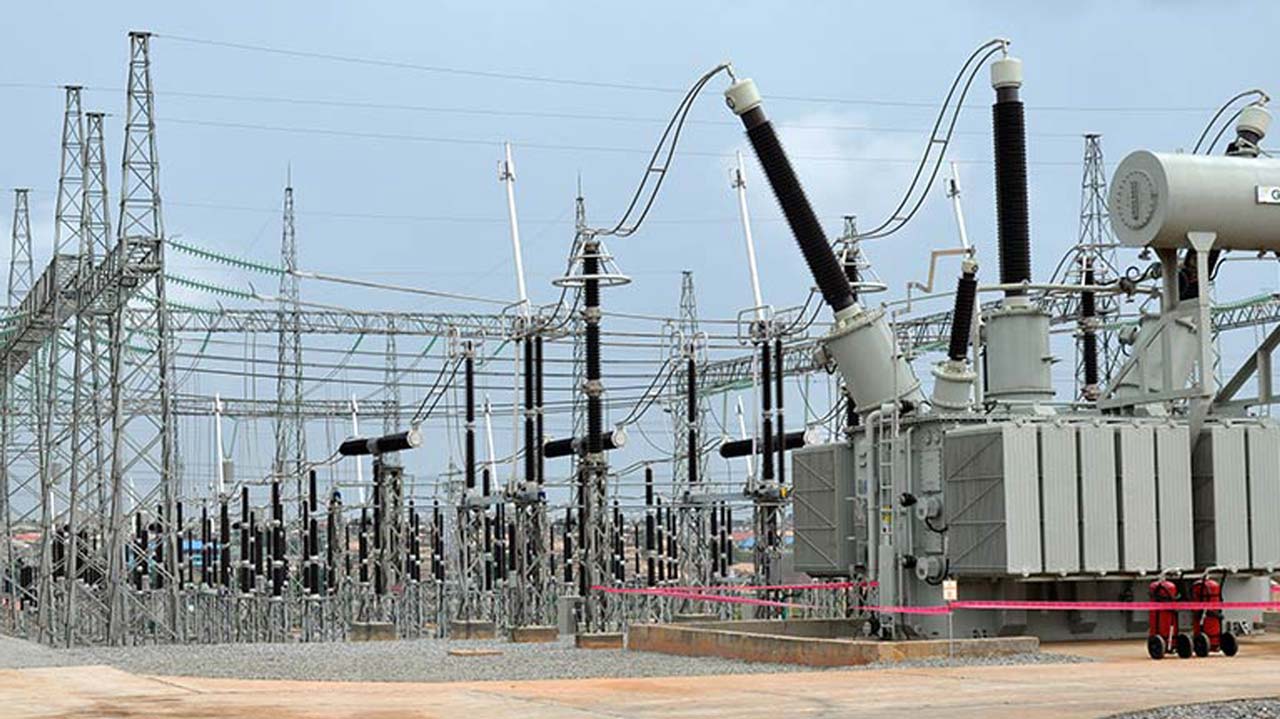



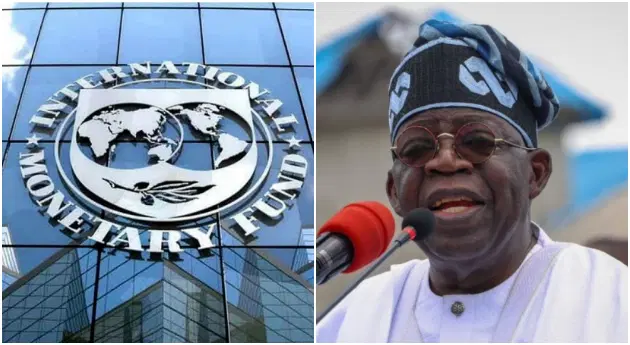




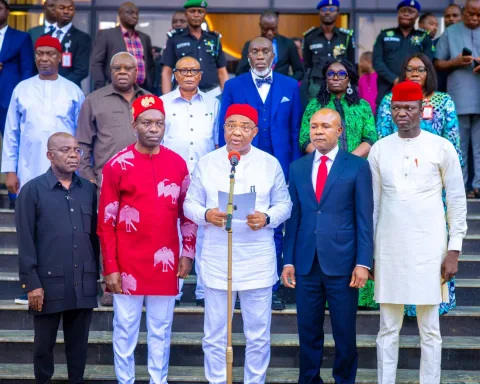
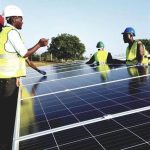
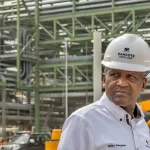




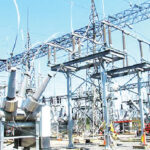
Follow Us